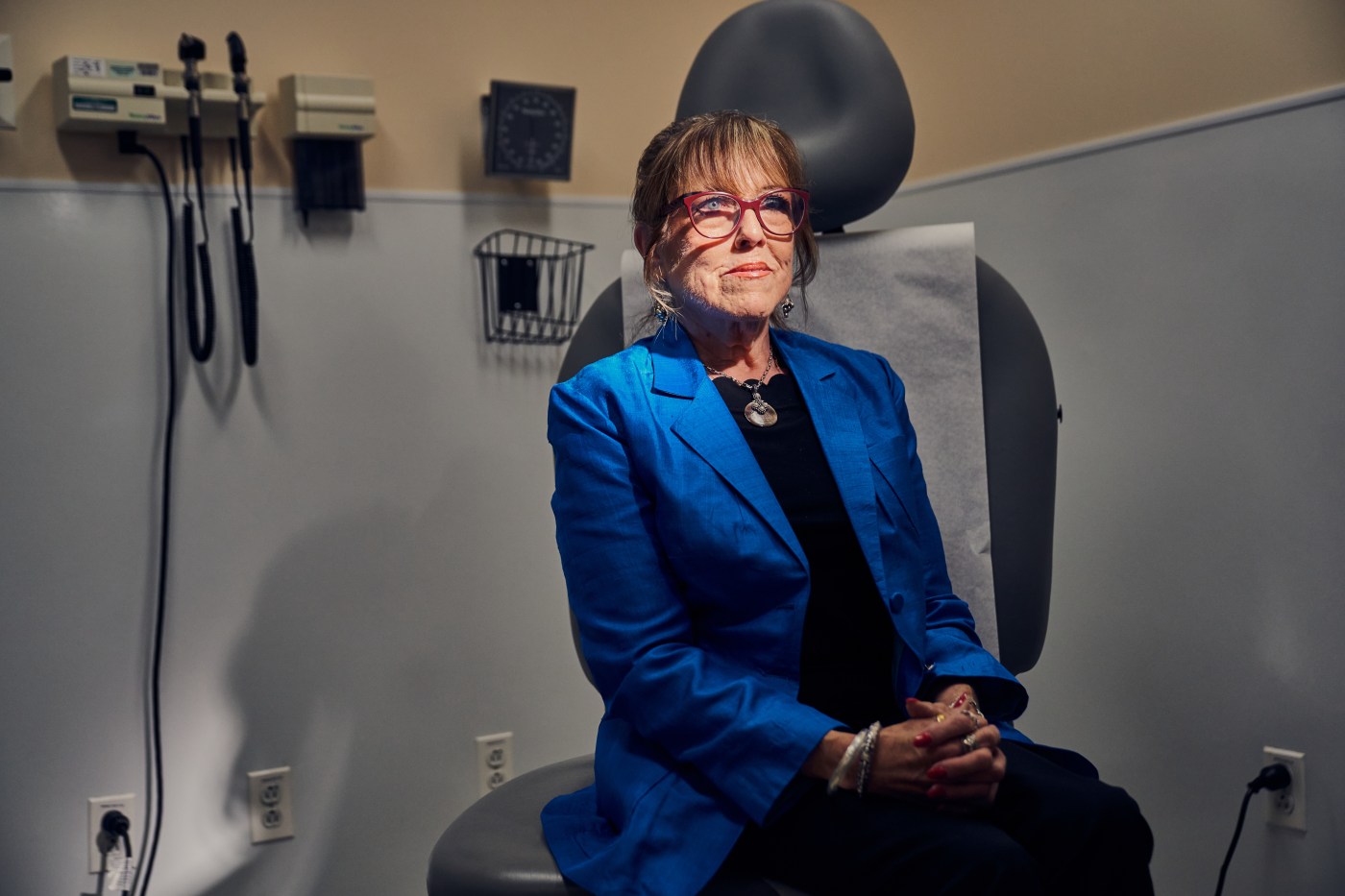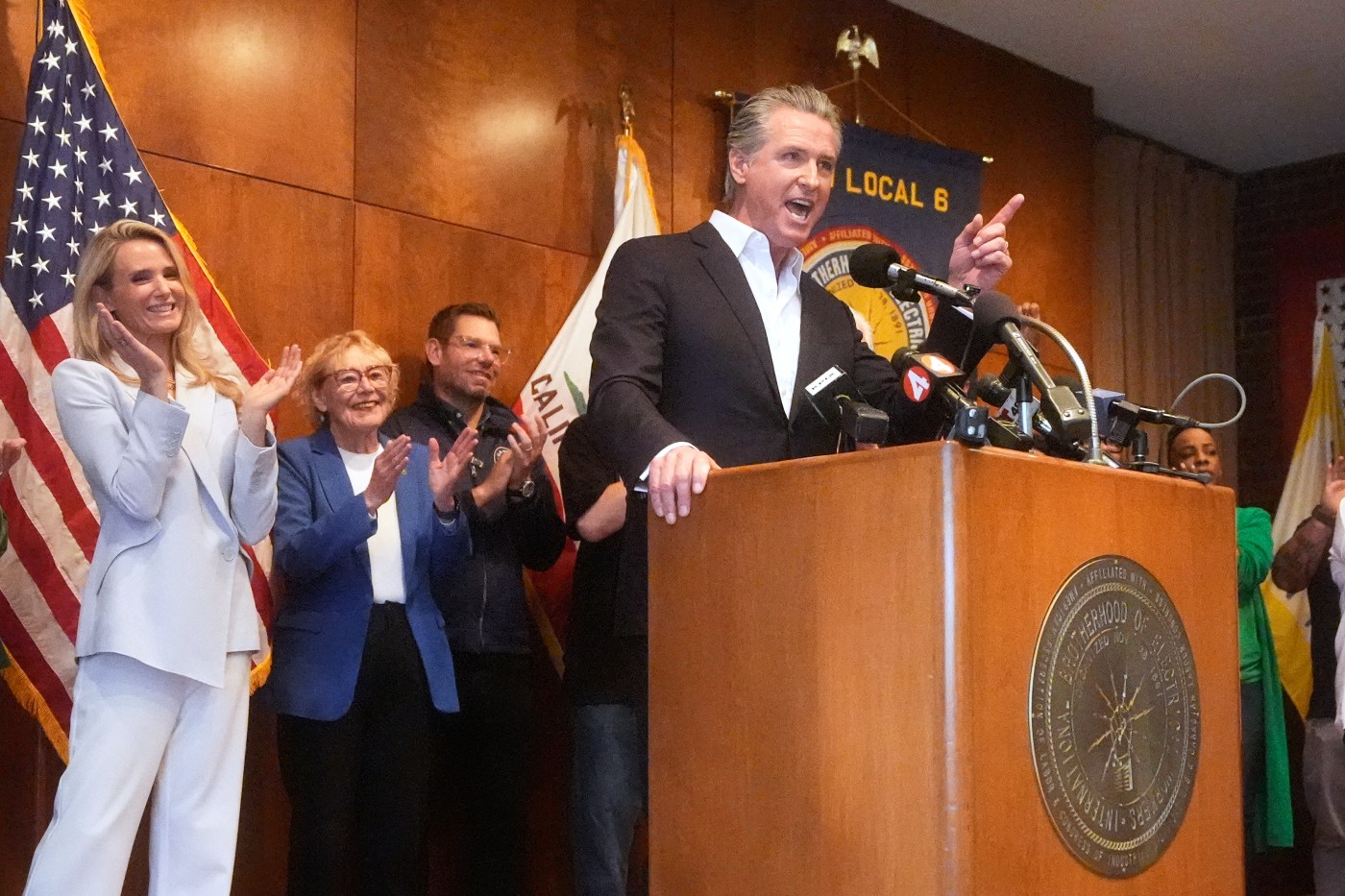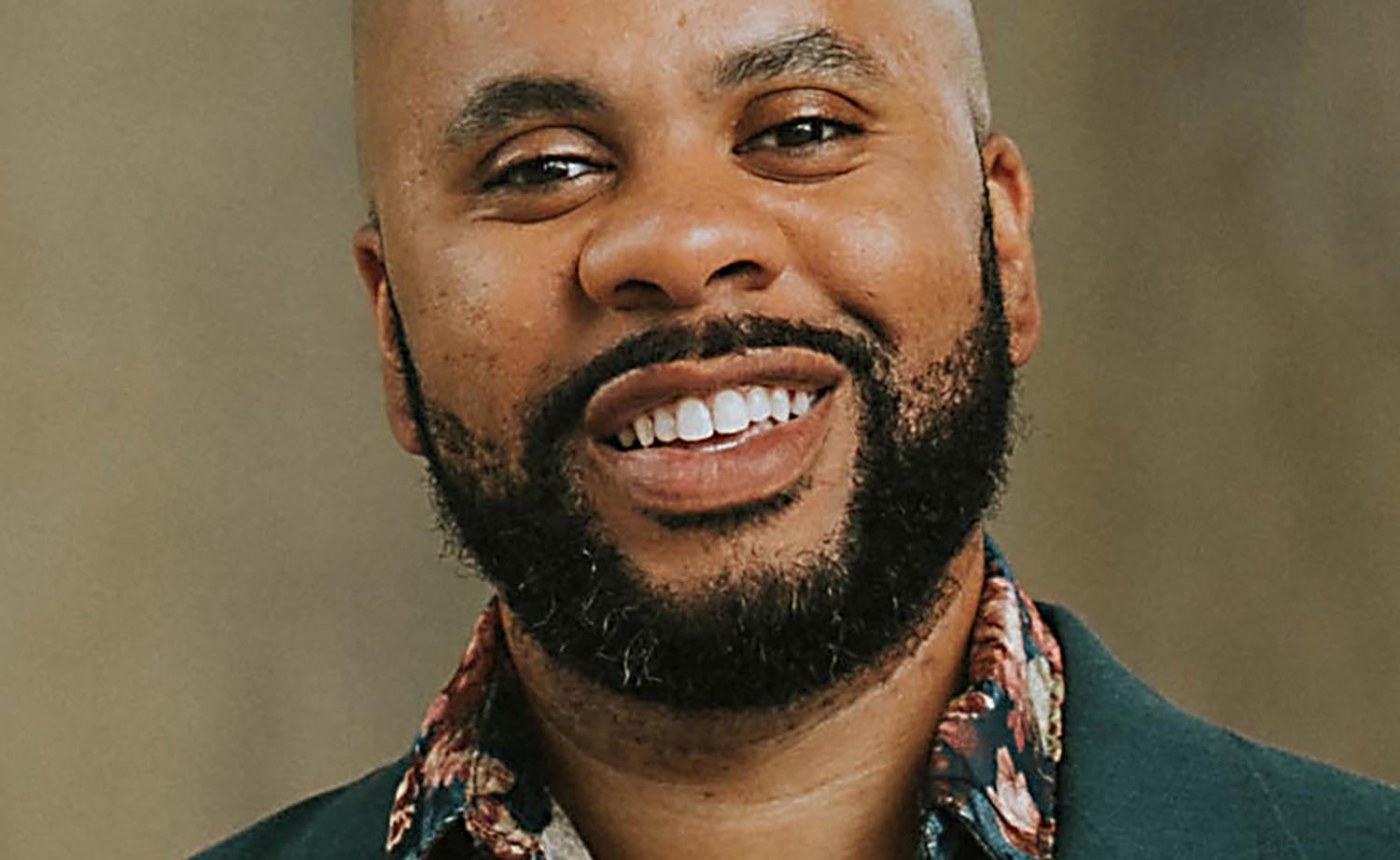When Congressional Republicans finalized the details of President Donald Trump’s budget bill in July, Alameda Health System CEO James Jackson’s worst fears were realized — the bill called for a $1 trillion cut to Medicaid that would undermine the hospital’s primary revenue stream.
“We had the best-case scenario, the most likely scenario, and then what we were facetiously calling the ‘nuclear option,’” Jackson said. “I hate to say it, but it looks like the nuclear option is the one that we landed on.”
As the county’s safety net hospital, AHS expects to be disproportionately impacted by Medicaid cuts as 70-80% of its funding comes from federal and state healthcare reimbursements. An AHS preliminary analysis estimates a $100 million annual budget deficit when the full extent of cuts is implemented by 2030, jeopardizing health outcomes, destabilizing care for the poor, and undermining long-term community health, Jackson said.
Related Articles
Kaiser Permanente retreat on gender-affirming care called ‘denial of basic humanity’
Fake hospital employee accused of stealing skin grafts from California hospitals
Hospital chains accuse Kaiser of shortchanging them for ER treatment of its members
When hospitals buy physician practices, prices go up
States sue Trump, saying he is intimidating hospitals over gender-affirming care for youth
The HR1 budget bill offsets tax cuts by slashing spending on social services such as Medicaid and food stamps. Medicaid applicants between the ages of 19-64 will also have to prove they are working, studying, or fall into another exception every six months to keep their Medicaid coverage.
That means the 242,697 Medicaid beneficiaries in Alameda County could be affected by the bill. Across California, between 2.3 million and 3.5 million Californians are at risk of losing coverage, or between 19% to 29% of Medi-Cal enrollees, according to the Center for Budget and Policy Priorities.
About 80% of AHS’s patients are Medicaid recipients like Loretta Medellin, a former school teacher who was forced to take permanent disability when a blister became infected and began to consume her leg. After her daughter’s wedding in 2004, the blisters on Medellin’s left leg refused to heal. She said she attempted to manage the wound on her own, but it continued to grow until there was a dinner plate-sized open wound on her leg.
“I was still working as a teacher, so I was on my feet all day long, and had no desire to stop teaching,” Medellin said, describing how she had to re-wrap her wounds multiple times throughout the school day. “Eventually, it started taking its toll on my performance.”
She sought medical leave from her teaching job and ultimately went on permanent disability. But things got worse. She lost her home in the 2008 housing crash and became homeless. Through it all, she had constant leg pain. At one point, she said, a doctor told her she should consider amputation to preserve her quality of life.
“I wasn’t ready to hear that. Nobody prepped me for that,” Medellin said. “If I didn’t have Medi-Cal, I would have lost my leg and possibly even my life.”
Medi-Cal supported her visits for the next year with a UCSF wound specialist who aided her healing, she said. When she got back on her feet, she joined the AHS’s Homeless Health Co-Applicant Board and Family Advisory Council to advocate for homeless patients and help them navigate the healthcare system.
The cuts to Medicaid paired with additional work requirements, she said, is an “outrage” that punishes the poor, unhoused and elderly – the exact type of patients that Jackson worries about when the first cuts begin in 2026.
“The vast majority of who we see is on some form of government care, whether it’s Medi-Cal or Medicare,” Jackson said. “They’re not going to just disappear. What we believe will likely happen is that they will forego care, or they will wait until it’s so bad, it’s exacerbated, and they end up in the emergency room.”
Jackson said that emergency room care is the second most expensive healthcare in the hospital after the Intensive Care Unit. If patients do not receive regular preventative care, a manageable diagnosis of, for example, Type II Diabetes could develop into vascular diseases that cause nerve damage and may eventually lead to amputation.
Research in recent years has found that having Medicaid versus being uninsured can save lives, said Laurence Baker, a professor of health policy at Stanford University. Baker has studied the relationship between private health insurance markets and Medicaid, and he said the impact of the budget bill’s cuts could impact health care across the market.
“Most hospitals that take care of Medicaid patients also take care of other patients, too, so everyone may be affected in the end,” Baker wrote to Bay Area News Group. “Funding cuts that lead to fewer people on Medicaid and more people uninsured would move us backwards in time, toward where we were before the (Affordable Care Act).”
For now, Jackson is looking for a silver lining. He hopes that the incremental nature of the Medicaid cuts will cause citizens to pressure their congressional leaders to mitigate the full effects of the bill by 2030. AHS Board of Directors isn’t waiting, however, and will reconvene to review its budget this Fall.
“My hope is that HR1 will be modified before those really draconian elements of it are activated,” Jackson said. “Our position is really to plan for the worst and hope for the best. And so I’m optimistic that there will be mitigation, but we can’t count on that right now.”





